While Trump’s pragmatic stance on certain foreign policy issues could be advantageous if he wins the U.S. Presidential election, he will face a complex global landscape where simplistic approaches will not suffice.
During an interview streamed on X with Elon Musk, former US President and current Republican candidate for the 2024 Presidential election, Donald Trump, made several notable comments. In addition to criticizing US Vice President Kamala Harris, the Democratic Party’s nominee, Trump remarked, “Putin, Xi (Jinping), and Kim Jong Un are at the top of their game.”
This isn’t the first time Trump has praised authoritarian leaders. His strong connections with figures like Russian President Vladimir Putin, Saudi Crown Prince Muhammad Bin Salman (MBS), and Egyptian President Abdal Fattah El-Sisi have drawn criticism from liberal commentators and Democratic policymakers. During his presidency, Trump also had strained relations with US allies over trade tariffs and security cooperation. Notably, he was critical of the North Atlantic Treaty Organization (NATO), arguing that several member countries were contributing far less than they should.
Last year, John Bolton, who served as National Security Adviser under Trump, warned, “In a second Trump term, we’d almost certainly withdraw from NATO.” However, while Trump continues to critique NATO during his current campaign, he has clarified that the US would not withdraw if he wins the 2024 election.
Former US President Donald Trump has repeatedly claimed that, if re-elected, he would leverage his rapport with Vladimir Putin to swiftly end the Russia-Ukraine conflict—a statement that even Russia has suggested should be taken with a grain of salt. Trump has placed the blame for Russia’s invasion of Ukraine squarely on President Biden.
While Trump’s foreign policy approach during his previous tenure did yield some successes, such as the Abraham Accords—which facilitated the normalization of relations between Israel and four Arab nations (UAE, Bahrain, Morocco, and Sudan)—many question the broader impact of these accords, especially given the current instability in the Middle East.
Trump’s decision to withdraw the US from the Iran Nuclear Deal, also known as the Joint Comprehensive Plan of Action (JCPOA), has driven Iran closer to both Beijing and Moscow. In 2021, Iran signed a 25-year strategic agreement with China and has since strengthened its ties with Russia, including providing military assistance to Moscow during the Russia-Ukraine crisis. Tensions between Iran and Israel have recently escalated following the killing of Hamas Chief Ismail Haniyeh on July 31, 2024, while he was in Tehran for the swearing-in ceremony of Iranian President Masoud Pezeshkian.
De-dollarisation and the possible challenges for Trump
If Trump wins later this year, he will face significant geopolitical challenges, including the growing trend of “de-dollarization,” where countries reduce their reliance on the US Dollar. This movement has been partly driven by US sanctions on nations like Russia and Iran. Although US Dollar reserves remain substantial, there’s been an increase in non-dollar trade, particularly in commodities like oil. In 2023, it was estimated that 20% of the world’s oil transactions were conducted in currencies other than the US Dollar. The BRICS bloc, led by China and consisting of Brazil, Russia, India, China, and South Africa, has been advocating for the creation of a BRICS currency.
In response, the Trump team has proposed penalizing countries that pursue de-dollarization. Suggested measures include accusations of currency manipulation, imposing tariffs, and implementing export controls.
Possible penalties against countries going in for de-dollarisation
Another U.S. policymaker, Senator Marco Rubio (a Republican from Florida), has introduced a bill to penalize countries that have moved towards de-dollarization. The bill, known as “The Sanctions Evasion Prevention and Mitigation Act,” includes provisions that would require the U.S. President to impose sanctions on any financial institution from a country of concern—such as China, Russia, Iran, North Korea, Cuba, Venezuela, or Russian-occupied territories—that uses China’s Cross-Border Interbank Payment System, Russia’s System for Transfer of Financial Messages, or Iran’s System for Electronic Payment Messaging for transactions. Additionally, the bill mandates a report from the U.S. Department of Treasury on the threats posed by these payment systems to U.S. national security.
In April 2023, Rubio warned, “In 5 years… there will be so many countries transacting in currencies other than the dollar that we won’t have the ability to sanction them.”
Countries with strong U.S. ties, like India, have already begun trading in local currencies with other nations, including the UAE, Indonesia, and Malaysia.
In conclusion, while Trump’s pragmatic stance on certain foreign policy issues could be advantageous if he wins the U.S. Presidential election, he will face a complex global landscape where simplistic approaches will not suffice.
Disclaimer: The views expressed in this article are of the author solely. TheRise.co.in neither endorses nor is responsible for them. Reproducing this content without permission is prohibited.
About the author
Tridivesh Singh Maini is a New Delhi-based Policy Analyst. He is faculty member of OP Jindal Global University, Sonepat, Haryana.

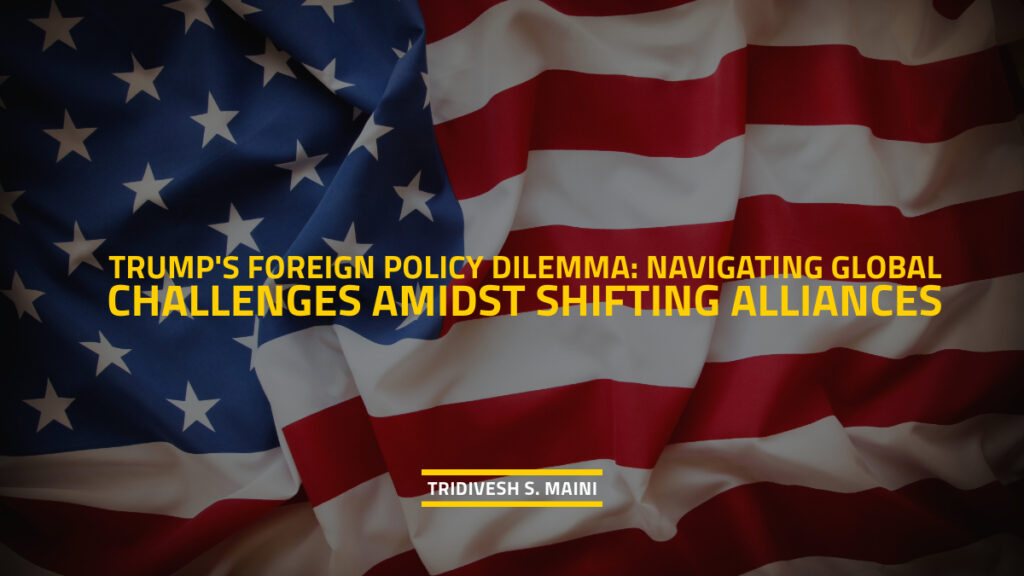


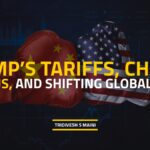







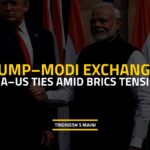
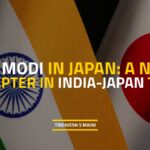

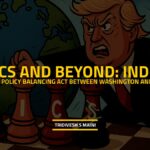


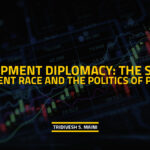


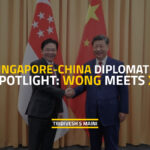

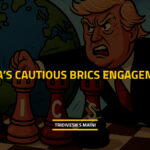
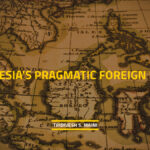

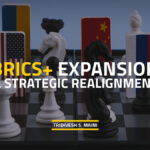




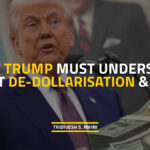
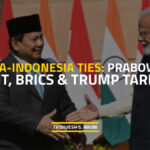

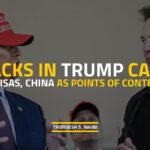

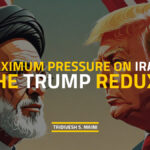
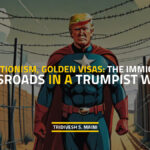
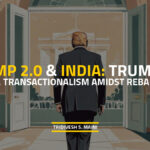
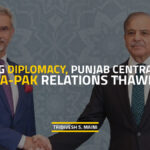
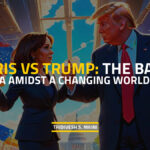




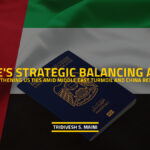
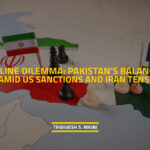
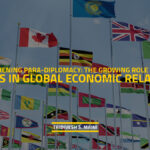

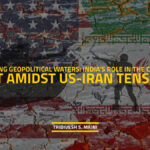
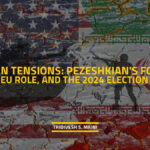



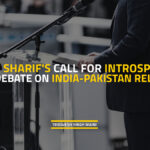



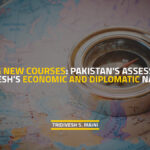

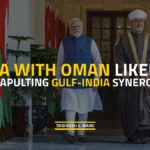


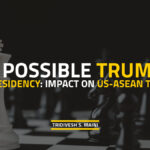


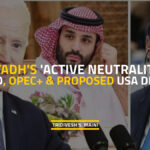
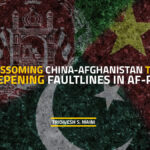

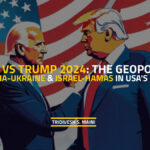




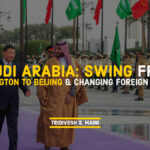

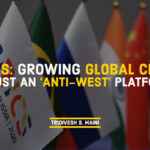
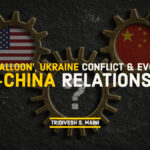
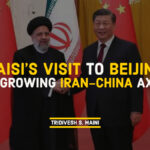






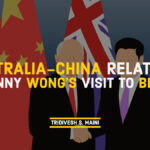
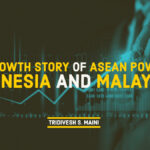

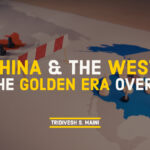
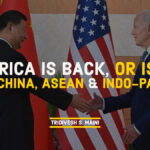
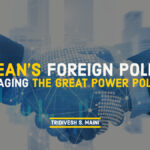
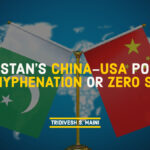
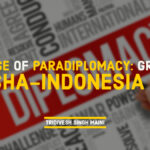

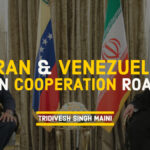

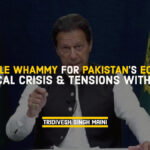
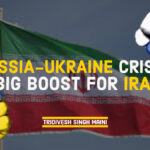
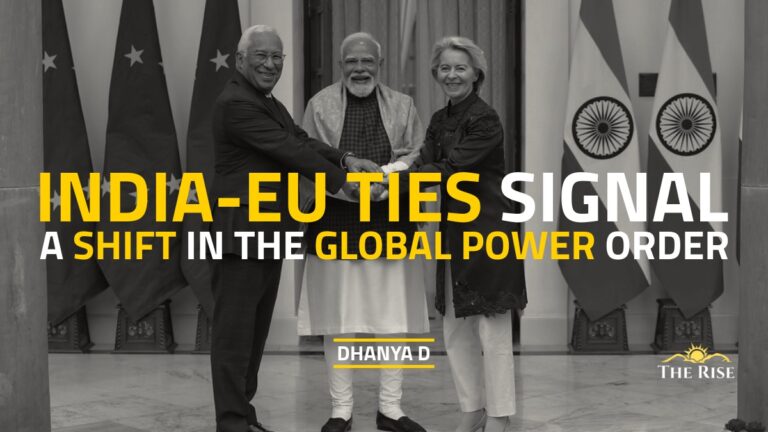
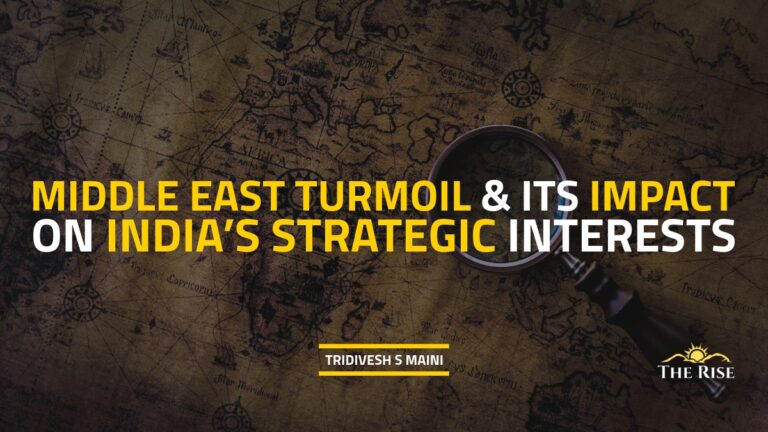


Pingback: Operation Prosperity Guardian: West Asia in Splits - TheRise.co.in